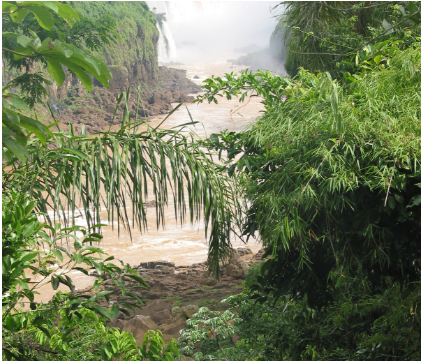Final exam question: What do you do when you’re unprofessionally diagnosed with a tropical flesh-eating disease while stationed in the jungle three hours by motorized canoe from the closest city, and an additional plane flight away from the nearest reputable medical center? You may only use resources available through a spotty Internet connection and personal contacts at your host ecotourism lodge.
Fortunately, I had a lifeline. My parents had looked into Global Rescue when I was about to start college and travel on my own. We thought of it as just in case something really awful happened and I needed a medevac ASAP. My situation in Peru never became life threatening, but I did need trustworthy guidance and a legit medical opinion.
After exhausting my scant medical resources in the jungle, my skin lesions still worsened and then all my Peruvian friends agreed I had Leishmaniasis, a disease caused by flesh-eating protozoans. Horrifyingly, the most common strain in Peru can spread to your face and cause disfigurement.
I quickly emailed Global Rescue, who had been keeping tabs on me since the start of my illness. Within minutes the same paramedic I had been in contact with previously replied with follow-up questions about my condition. He also informed a team of doctors at Johns Hopkins who tentatively diagnosed leishmaniasis from afar.
One of my lodge friends connected me with their wonderful family in Lima, who also recommended a nearby clinic. Global Rescue seconded their opinion from their list of approved hospitals. These doctors were a huge improvement over what I had experienced in the jungle. It was comforting to have a team of world-class English-speaking physicians answering my questions and making sure I received the best treatment.
This was also a great comfort to my father, a doctor but certainly not a specialist in tropical medicine. He was stuck knowing too much about the general frailty of the human body and yet too little about my specific condition. For him, Global Rescue allowed him to take off the stethoscope and just be my dad.
So to answer my exam question: surviving a remote minor medical crisis requires both quality medical and social support networks… and the two must overlap as little as possible. After all, my friends at the lodge only meant the best for me though I found out that their dubious medicinal balm gave me a chemical burn. Having Global Rescue involved meant I didn’t need medical advice from friends and family, just the love and support only they could provide.
Global Rescue had also spoken directly to my doctors in Peru and acted as a liaison to the doctors I saw in Vermont. After a multitude of tests in the States we finally determined my problems stemmed from a strain of resistant Staph, complicated by a chemical burn and secondary infections. I’m now happily on the mend and starting school again as normal, this time with quite a story to regale my friends.
-Ariel M., Vermont
Related Posts
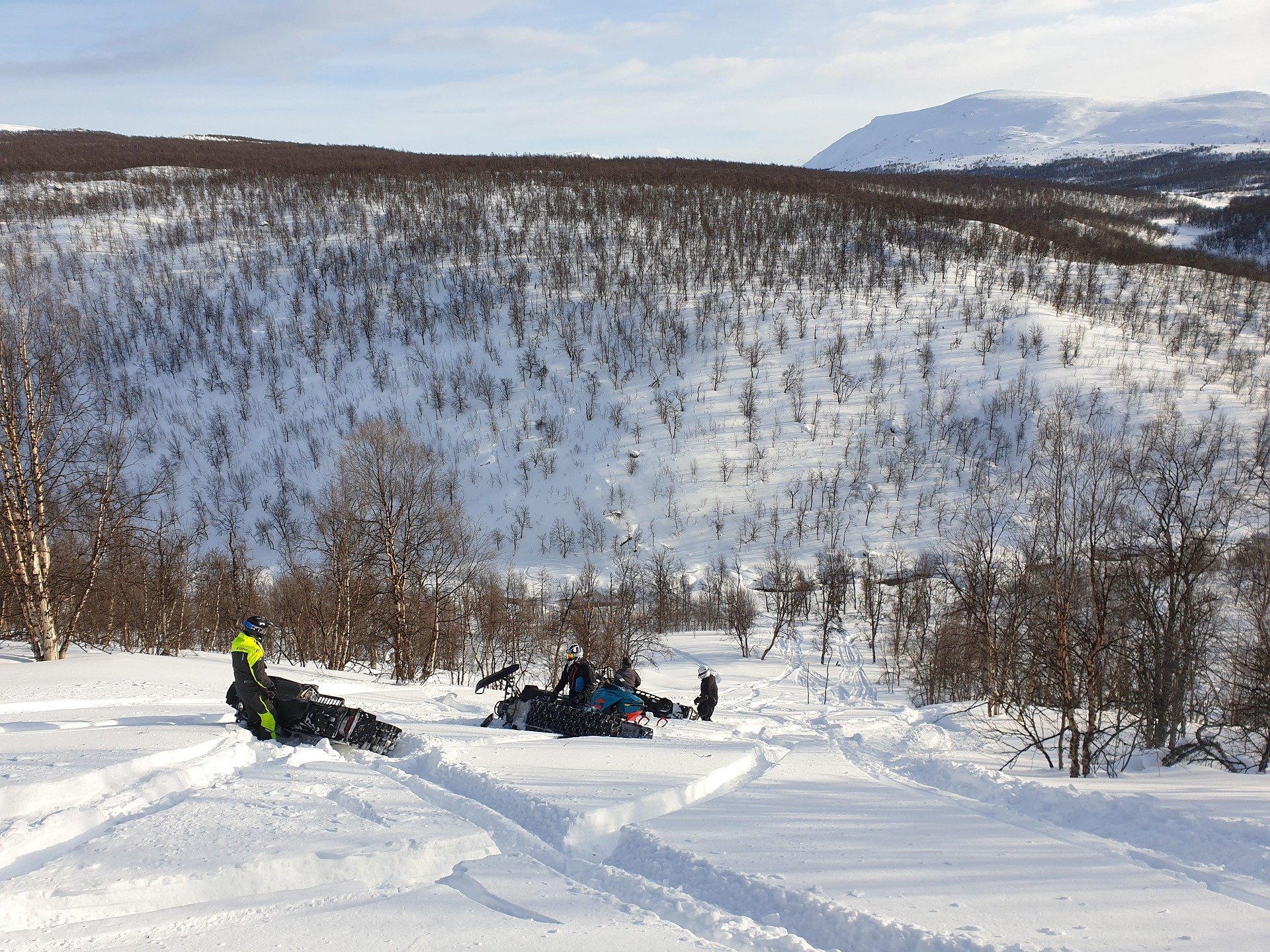
Mar 26, 2025 5 mins read
Mission Briefs: Global Rescue In Action – Issue 56
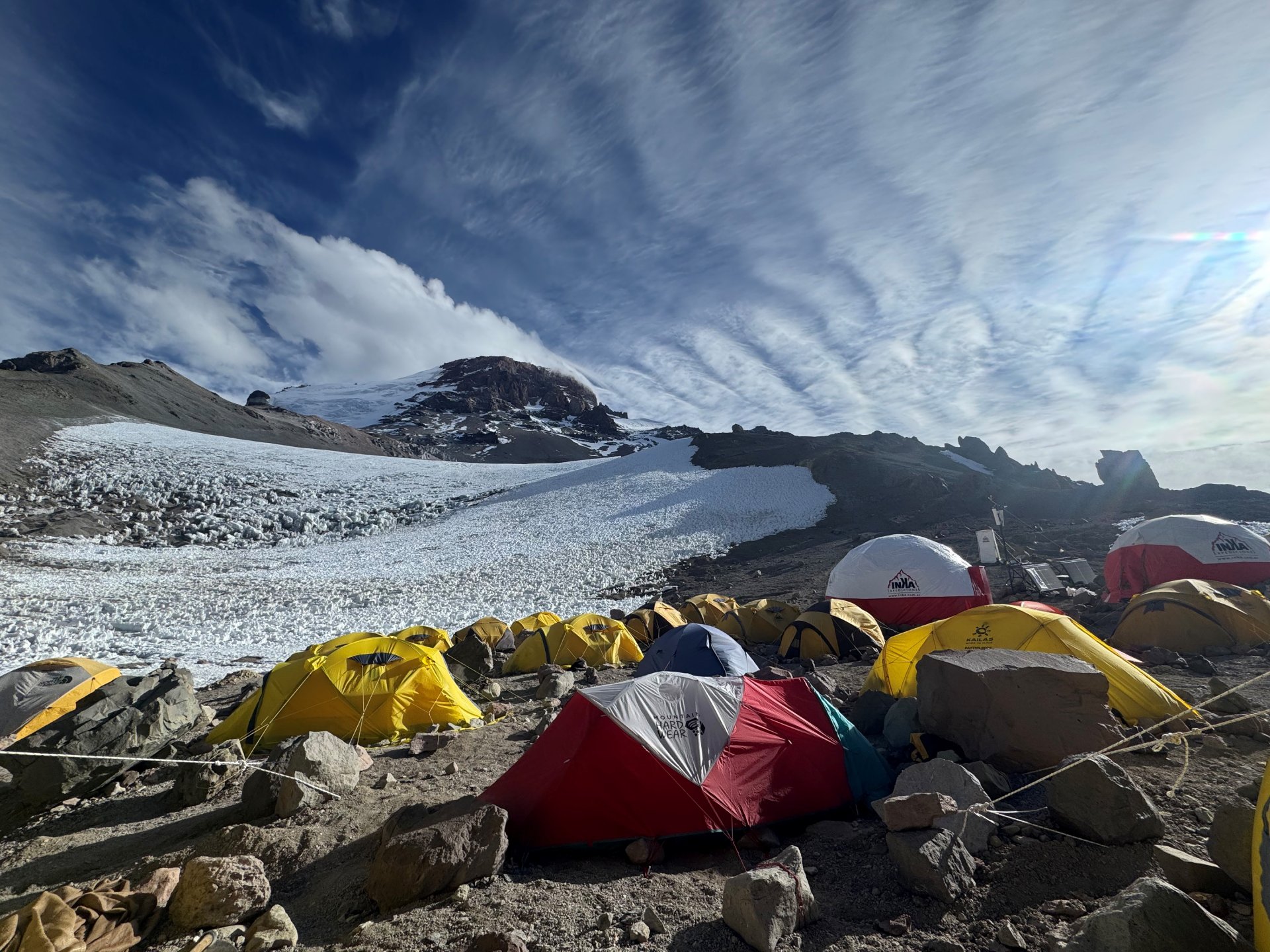
Mar 18, 2025 5 mins read
From Aconcagua Summit Dreams to Slopeside Survival: Nicole Lynch’s Unforgettable Airborne Rescue
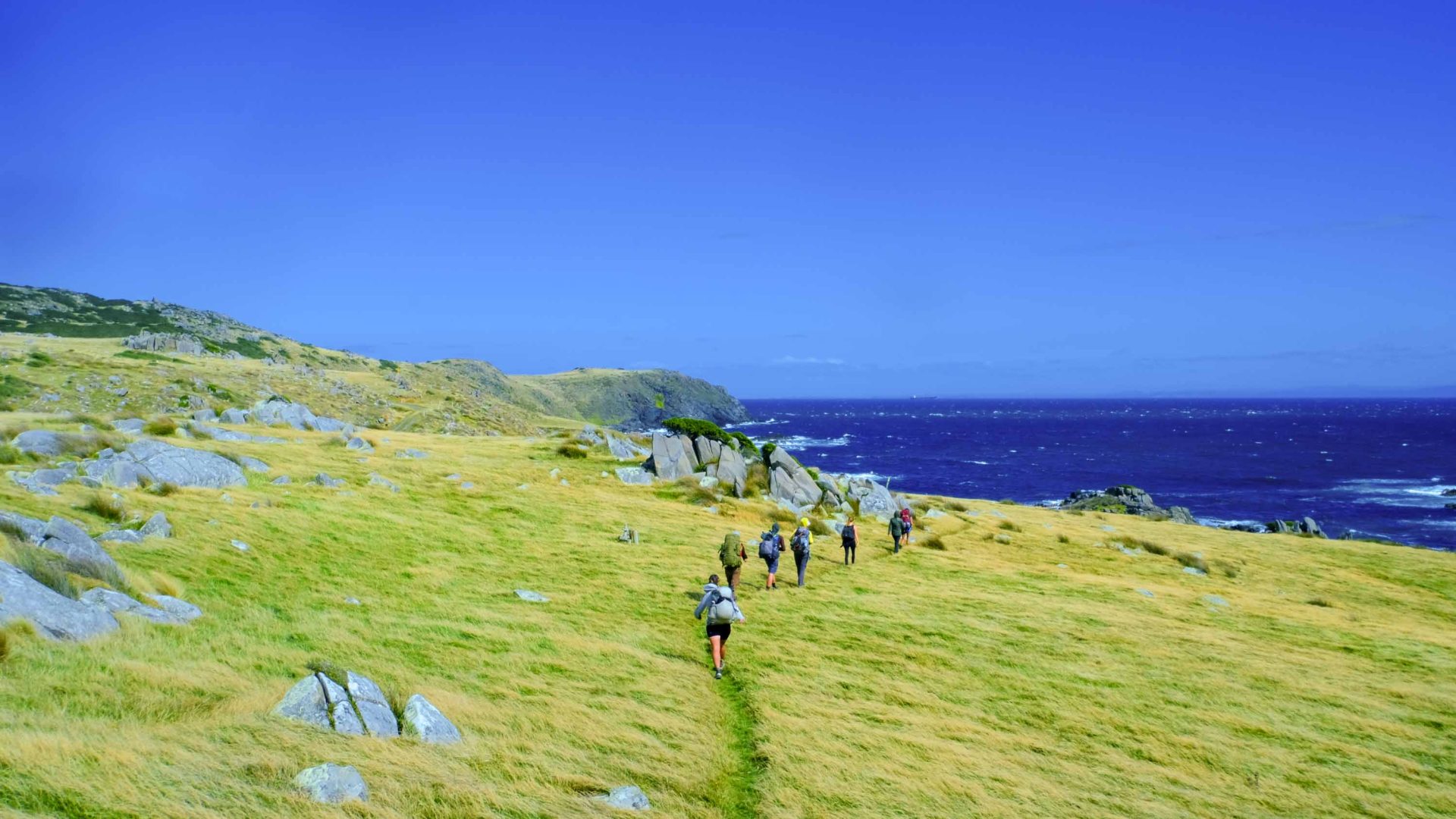
Mar 05, 2025 3 mins read
Mission Briefs – SOS In Action: Issue 3
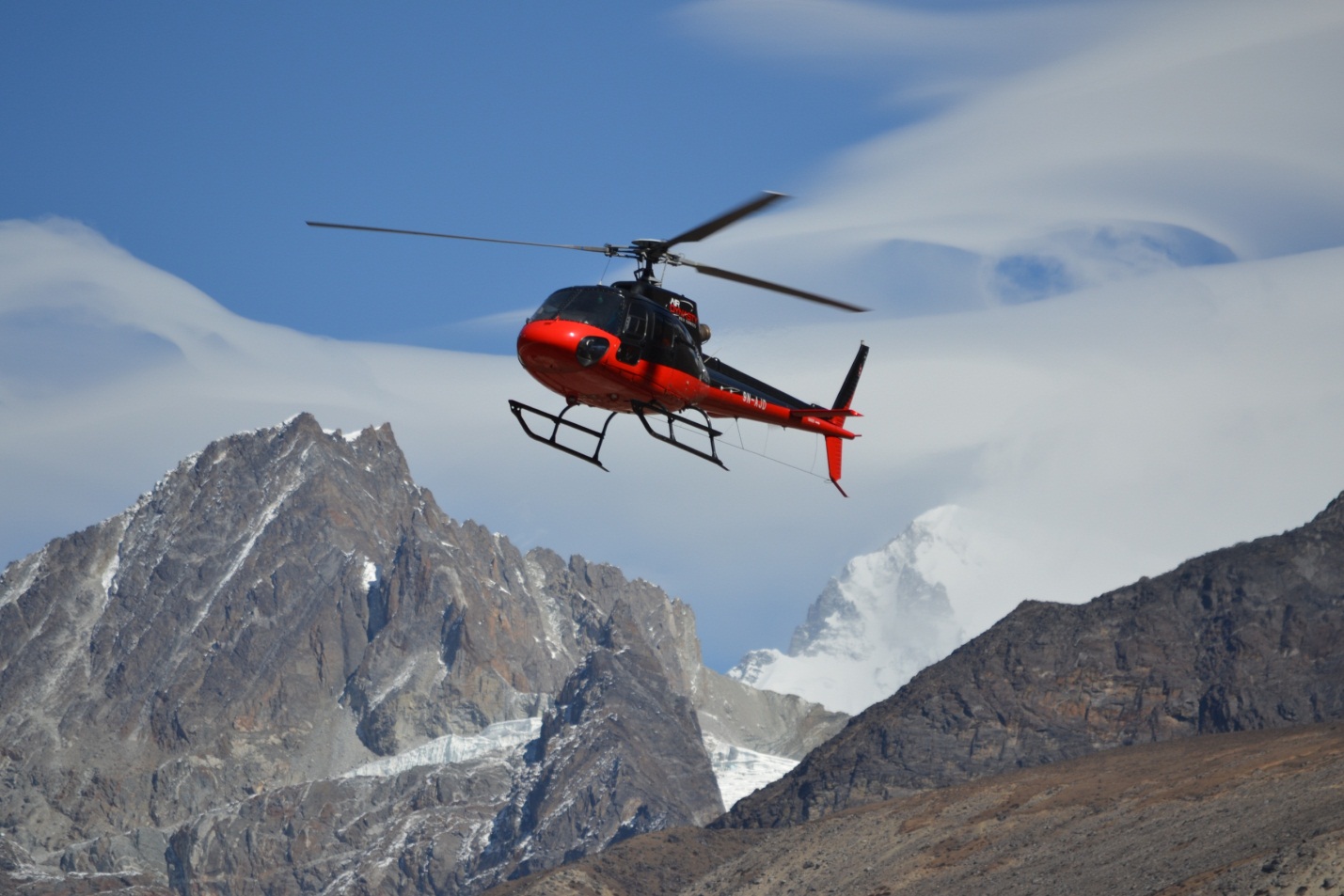
Feb 28, 2025 6 mins read
Medevac: The Critical Role of Rescue Helicopters in Emergency Medical Evacuations
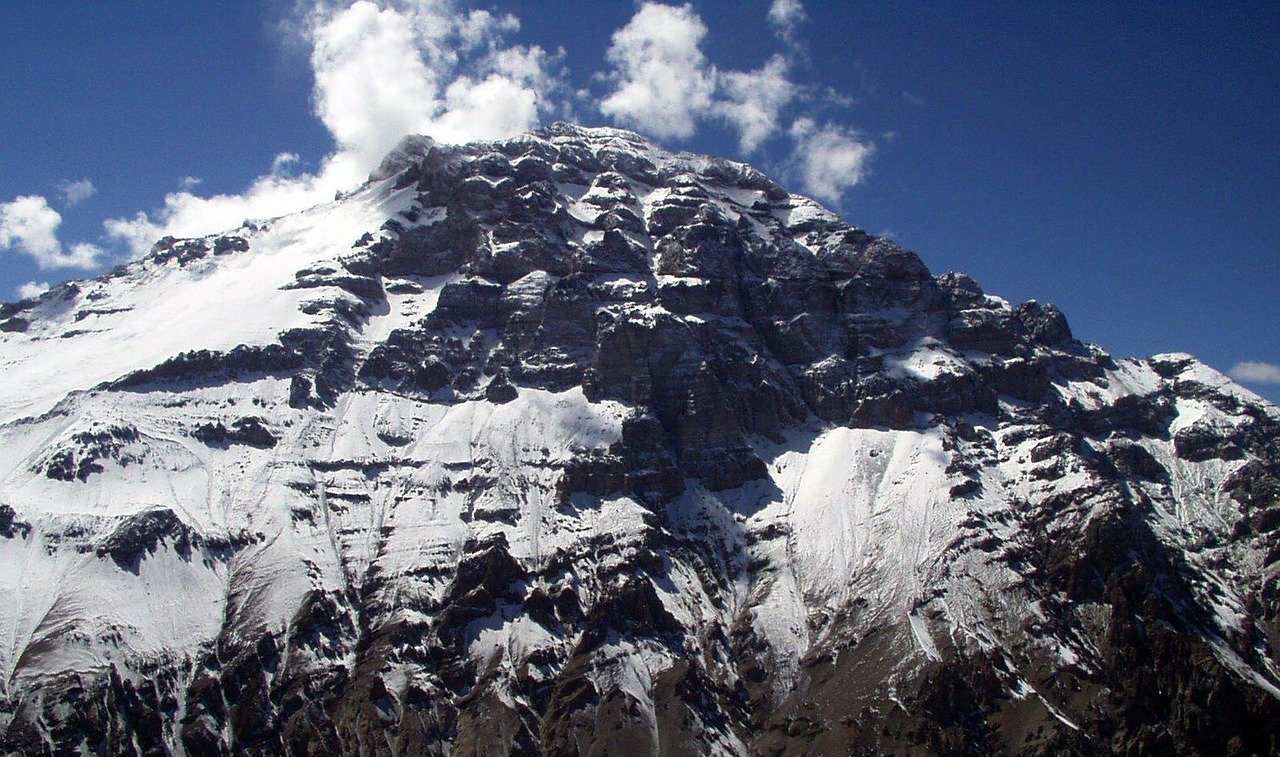
Feb 21, 2025 5 mins read
Mission Briefs: Global Rescue In Action – Issue 55
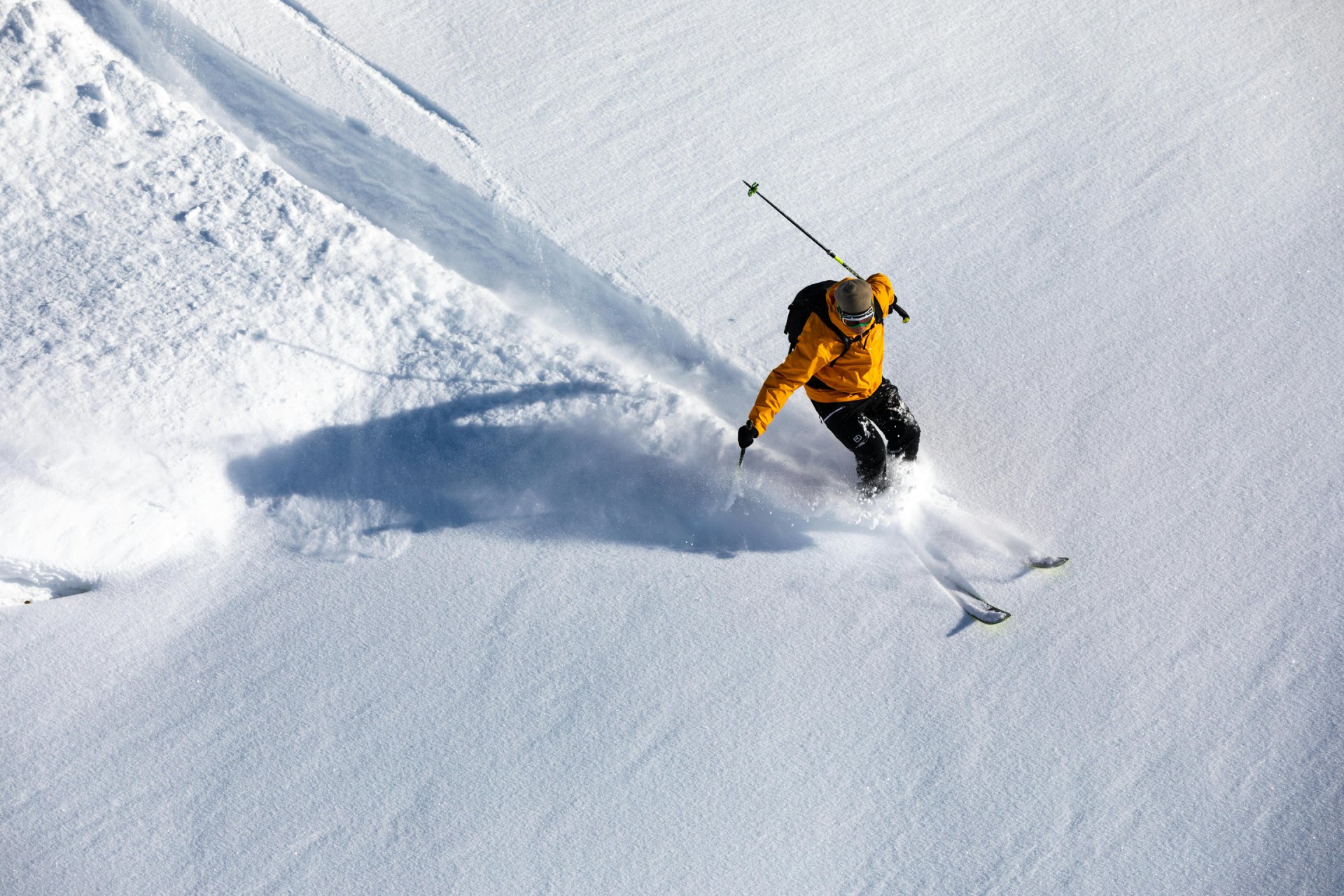
Jan 24, 2025 5 mins read
Mission Briefs: Global Rescue In Action – Issue 54
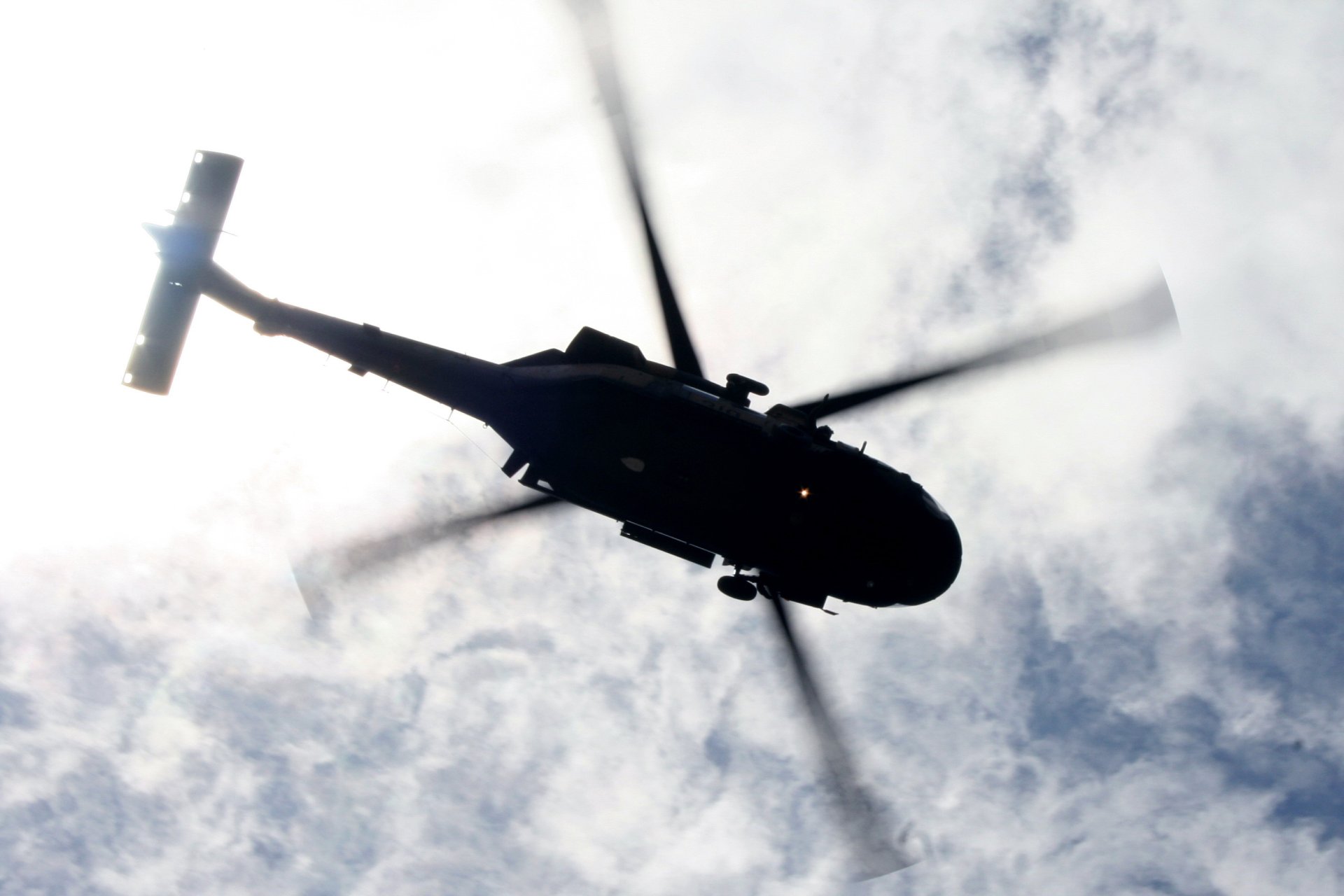
Dec 20, 2024 6 mins read
Mission Briefs: Global Rescue In Action – Issue 53 – The Himalaya Special Edition
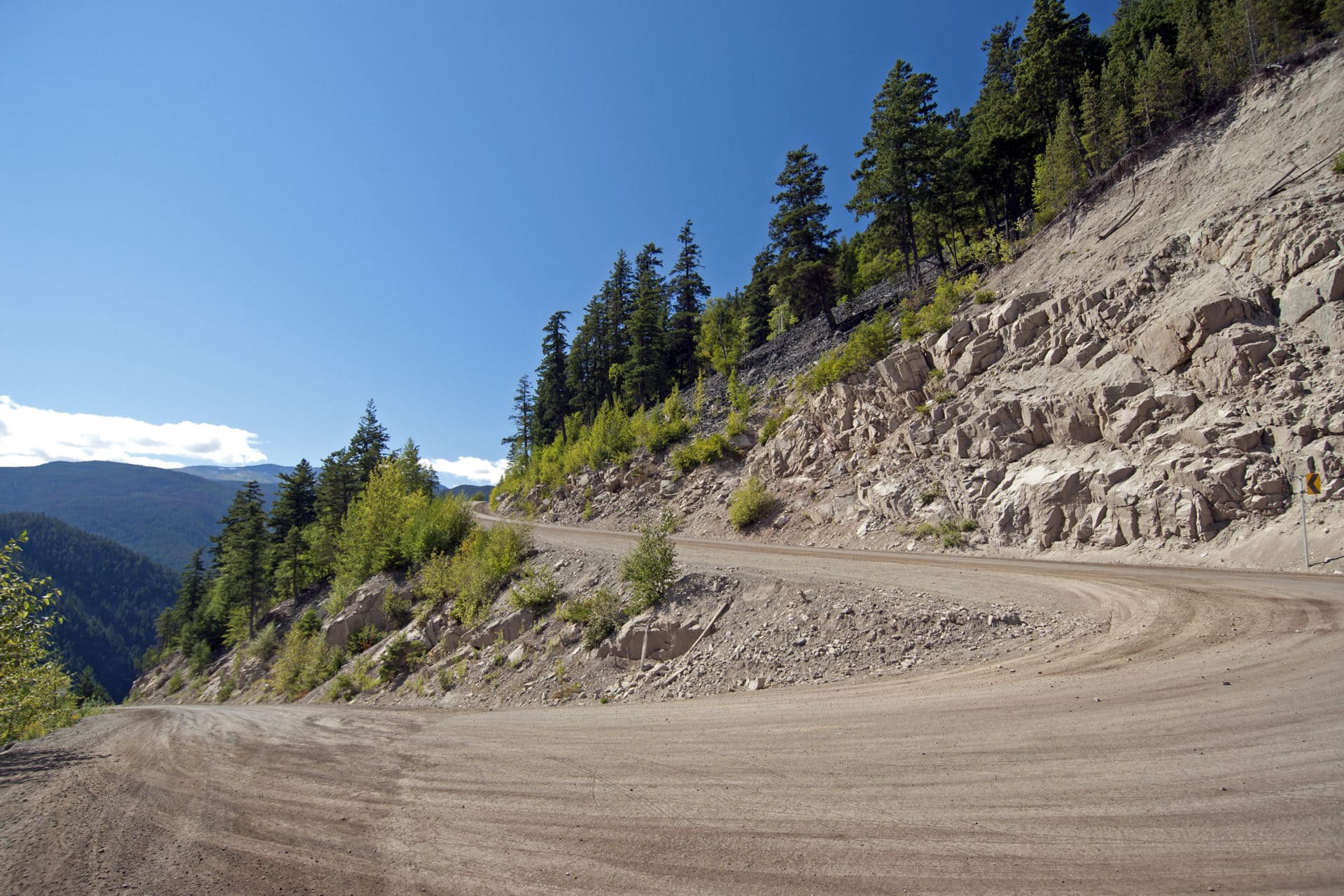
Dec 04, 2024 5 mins read

